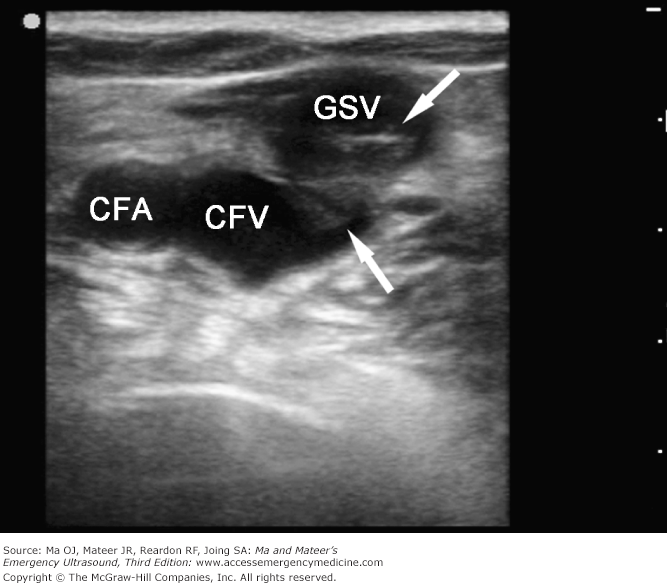[ad_1]
By Lesley Kadlec, MA, RHIA, CHDA
Being an advocate takes action. For many AHIMA members, their first introduction to taking action on an advocacy initiative has been in taking the AHIMA Naming Pledge. The path to effective advocacy includes many steps, and those steps can sometimes feel a little frightening. To ease the fears and introduce members to an easy way to advocate, we invited all members to participate in our Naming Pledge campaign. In the campaign, AHIMA asked that members be partners by being the best advocate they can be by not only taking the pledge, but also actively living the pledge whenever and wherever they can, as often as they can.
Since launching AHIMA’s Naming Policy Pledge on the first day of AHIMA20 in October, over 1,300 AHIMA members have pledged to advocate, educate, and spread the word on the importance of naming convention policies in accurately identifying and correctly matching patients to their health record. We are now asking everyone who has taken the pledge to take the next step and tell their story and share with us how you are “living the pledge” and advocating toward the goal of achieving greater patient matching accuracy.
AHIMA’s vision is a world where trusted information transforms health and healthcare by connecting people, systems, and ideas. Accurate patient identification is fundamental in achieving this AHIMA vision. Standardizing patient demographic data through the use of a naming policy ensures that the data is accurate, more complete, and consistently actionable and trustworthy.
As AHIMA members, we are committed to excellence in the management of health information for the benefit of patients and providers. Additionally, AHIMA’s Code of Ethics obligates us to ensure the confidentiality, accessibility, and integrity of health information. Health information (HI) professionals are aware—much too often—that patient identity errors continue to pose a real risk to patient safety, and these errors have a negative effect on interoperability. To that end, AHIMA’s naming policy recommendations include a number of key demographic components that should be included in organizational naming policies to help reduce the risk of identity errors and ensure the ability to exchange health data across the ecosystem.
If you have not yet taken the pledge, you can start today and take the pledge here. Then, tell us how you are “living the pledge.” Maybe you have had a conversation with your executive leadership about implementing this standard set of policies in your organization, or maybe you have spoken at a state or local event about the importance of a naming policy.
Why is it important to tell your story? Because the more that HI professionals advocate for naming standards, the faster we can achieve accurate, complete, and trusted health data. And that is a goal that we can, and must, achieve as HI professionals.
Send your stories to advocacy@ahima.org.
Read AHIMA’s naming policy.
Read AHIMA’s best practice guidance on patient identification and matching naming policies.
Lesley Kadlec (Lesley.Kadlec@ahima.org) is the director of policy and state advocacy engagement at AHIMA.
Leave a comment
[ad_2]










